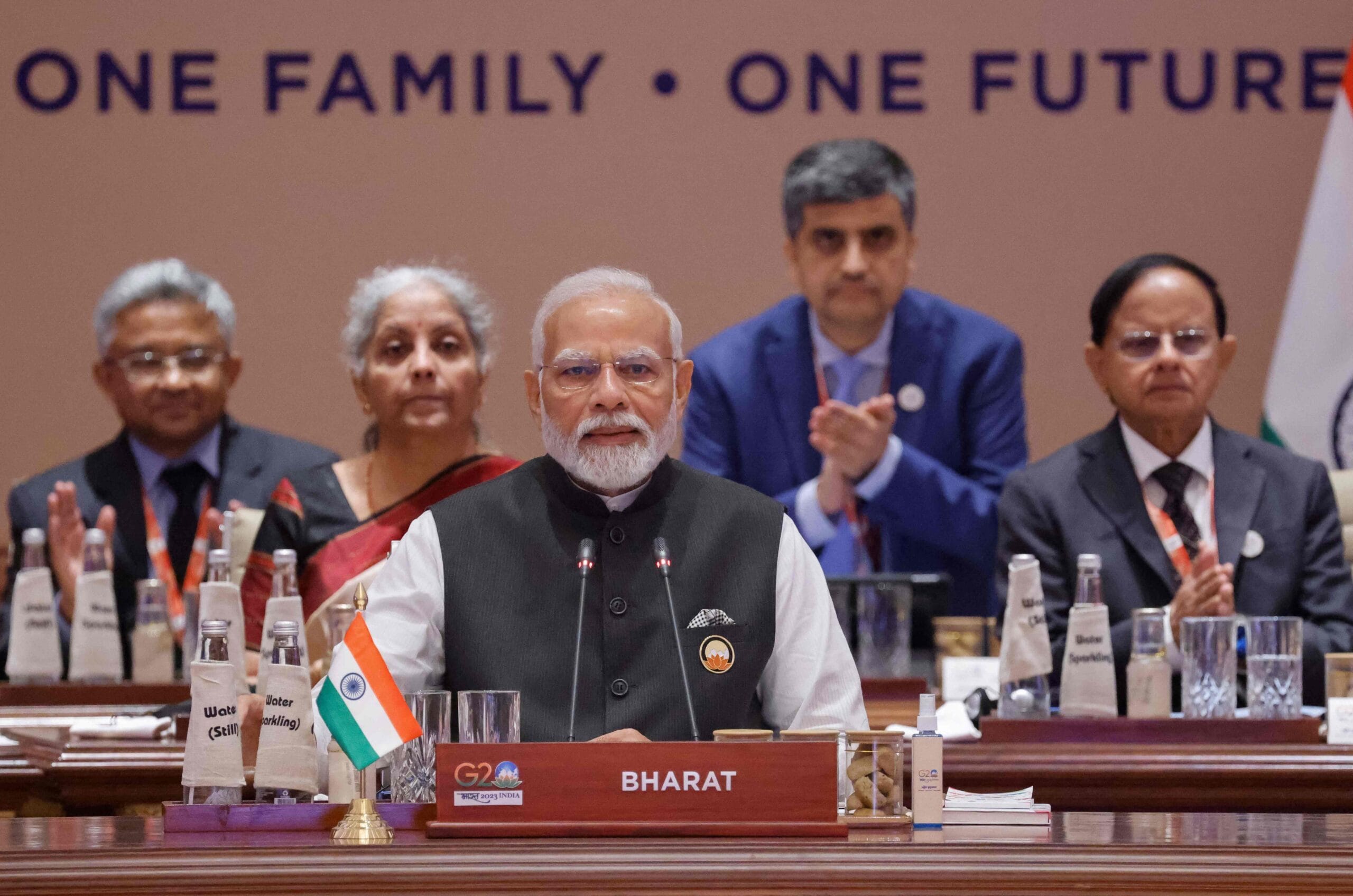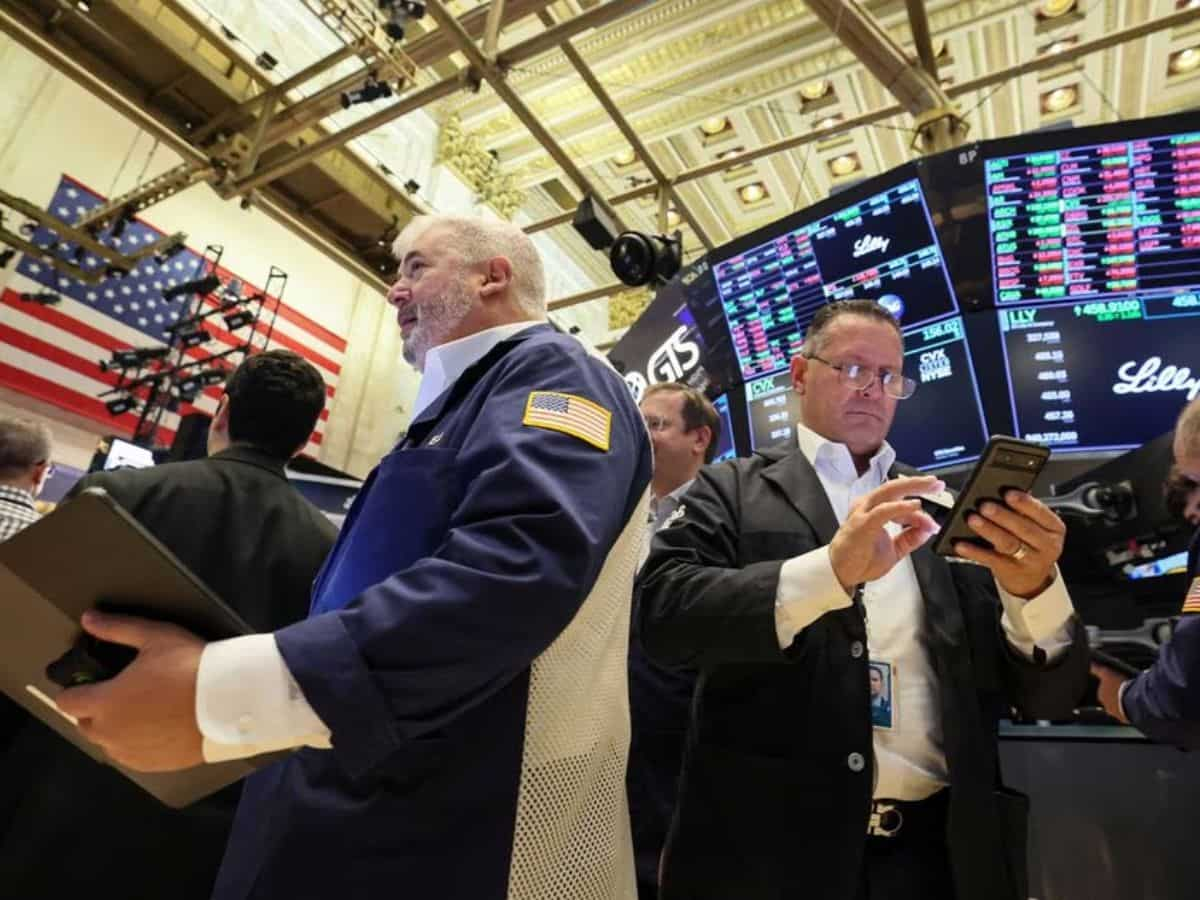The Biden administration’s decision to block the acquisition of U.S. Steel by Nippon Steel has sent ripples through the steel industry, creating a climate of uncertainty for American steelworkers. This decision is part of a broader strategy to safeguard domestic manufacturing and maintain a competitive edge in the global market. However, the implications of this move extend beyond corporate interests and into the lives of thousands of workers who depend on the steel industry for their livelihoods.
The proposed takeover by Nippon Steel, one of the largest steel producers in Japan, was seen by some as a potential opportunity for U.S. Steel to enhance its capabilities and expand its market reach. Proponents of the deal argued that it would bring in much-needed investment and technological advancements to the U.S. steel sector, which has faced numerous challenges in recent years, including fluctuating demand and increased competition from foreign producers. However, the Biden administration expressed concerns that the acquisition could compromise national security and lead to job losses in an already vulnerable industry.
In recent years, the U.S. steel industry has undergone significant changes, driven by shifts in global trade dynamics and domestic economic policies. The COVID-19 pandemic further exacerbated these challenges, leading to disruptions in production and supply chains. As the economy begins to recover, the administration’s decision to block the Nippon Steel takeover reflects a commitment to revitalizing the domestic manufacturing sector and ensuring that American workers are not left behind.
The steelworkers’ community is now grappling with the uncertainty surrounding their future. Many workers fear that the rejection of the acquisition could hinder potential investments in modernization and technological upgrades that are critical for remaining competitive in the global market. The steel industry is facing pressure to innovate and adapt to new demands, including the shift towards greener production methods and sustainable practices. Without access to the resources and expertise that a partnership with Nippon Steel could have provided, workers are left questioning the long-term viability of their jobs.
Moreover, the decision has sparked a broader debate about the role of government in regulating foreign investments in key industries. While the administration’s stance is rooted in protecting American jobs and national interests, critics argue that such measures could deter foreign investment and hinder economic growth. The balance between safeguarding domestic industries and fostering a favorable environment for international partnerships is a complex issue that policymakers must navigate carefully.
As the situation unfolds, industry analysts are closely monitoring the potential repercussions for U.S. Steel and its workforce. The company has already faced challenges related to production costs and competition, and the decision to block the acquisition may further complicate its efforts to recover and thrive in the current market. The uncertainty surrounding job security and the future of the steel industry has left many workers anxious about their prospects and the stability of their communities.
In response to these challenges, labor unions and worker advocacy groups are calling for increased support for the steel industry and its workforce. They emphasize the need for policies that prioritize job retention, workforce development, and investment in sustainable practices. As the industry looks to adapt to changing market conditions, the voices of steelworkers will be crucial in shaping the future of the sector.
In conclusion, the Biden administration’s decision to block Nippon Steel’s takeover of U.S. Steel has created a significant amount of uncertainty for American steelworkers. While the move is intended to protect domestic manufacturing and jobs, it raises important questions about the future of the steel industry and the challenges it faces in an increasingly competitive global market. As stakeholders navigate this complex landscape, the focus must remain on supporting workers and ensuring that the steel industry can adapt and thrive in the years to come.

